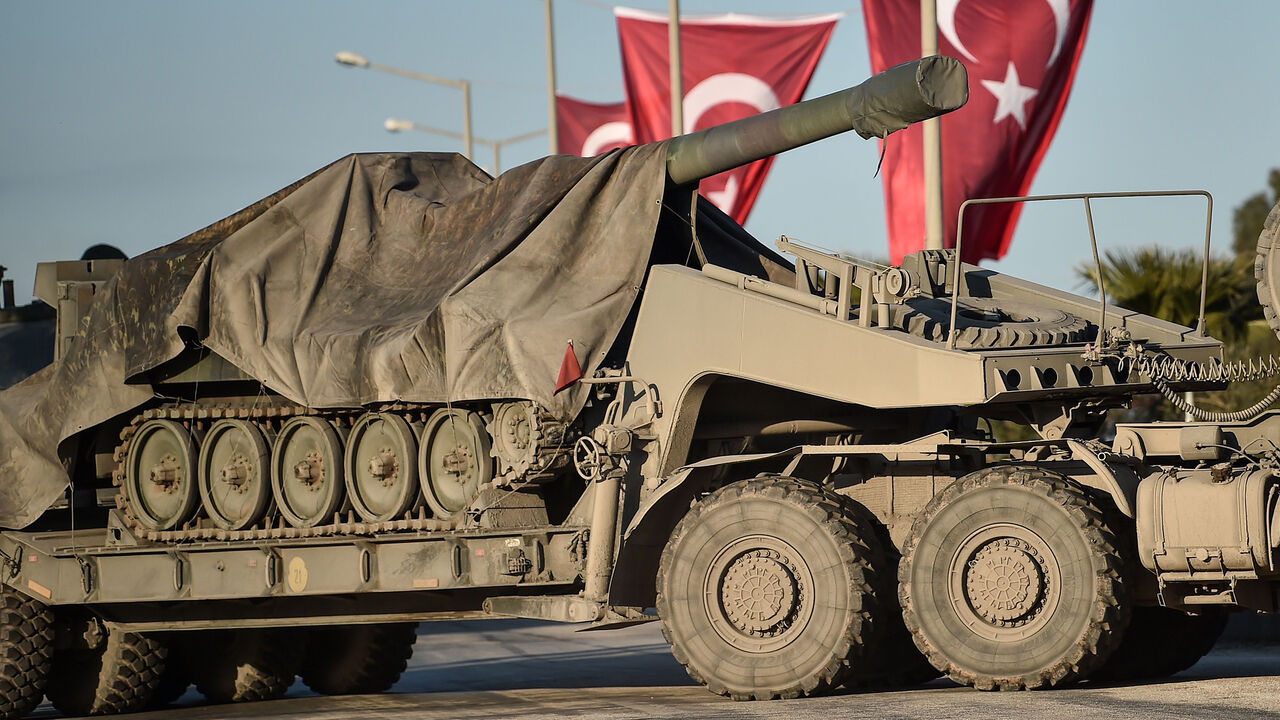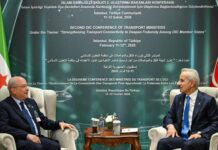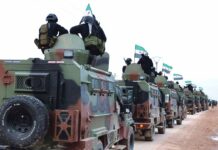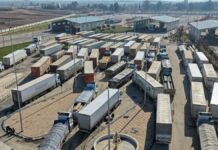
Turkey is preparing to deliver a range of military equipment to Syria, including armored vehicles, drones, artillery, missiles and air defense systems, according to Turkish officials cited by Bloomberg on Friday. The officials, who spoke on condition of anonymity due to the sensitivity of the issue, said the shipments are expected to arrive in the coming weeks. The hardware will be deployed in northern Syria to avoid raising tensions with Israel in the southwest.
The move reflects a deepening partnership between Ankara and Damascus under Syria’s transitional president, Ahmad al-Sharaa. Turkish officials said the support aims to help rebuild Syria’s army, which suffered significant losses during the recent conflict with Israel, and to strengthen Sharaa’s authority as he works to unify the country’s institutions. Neither the Turkish presidency nor the Syrian Ministry of Information commented on the report.
Expanding the Adana Agreement’s Scope
The military assistance is part of wider initiatives expanding the Adana Agreement, a 1998 security pact allowing Turkey to pursue Kurdish militants across the Syrian border. According to Bloomberg, both governments are discussing extending the range of Turkish operations from five to 30 kilometers inside Syrian territory.
The original agreement, signed after Damascus expelled Kurdistan Workers’ Party (PKK) leader Abdullah Öcalan, obligates Syria to prevent PKK activity on its soil and permits Turkish pursuit of militants within a limited zone. Turkish officials argue that current security threats require updating the terms. Ankara remains concerned about the growing influence of the PKK-aligned Syrian Democratic Forces (SDF) in northeastern Syria, where the group controls large areas with US support.
Efforts to Integrate the SDF into the National Army
SDF commander Mazloum Abdi told the Associated Press on Thursday that his forces have reached a “preliminary agreement” with Damascus on integrating SDF units into the Syrian army as large formations. Abdi said the two sides have formed a joint committee to work with Syria’s defense ministry to define mechanisms for this integration.
“The inclusion of our forces will help solve many problems that emerged during the 14-year war,” Abdi said, adding that SDF personnel could assume roles within the Defense Ministry and the army leadership.
Erdogan Highlights Regional Cooperation
Turkish President Recep Tayyip Erdogan reaffirmed Turkey’s growing engagement with Syria during remarks to reporters after the Sharm al-Sheikh peace summit on October 14. “Turkey does not leave Syrian President Ahmad al-Sharaa and his friends alone,” he said, emphasizing ongoing coordination at “all levels.” Erdogan added that integrating the SDF into the Syrian state would accelerate national development and stability, noting that Turkey supports efforts toward “a future that includes all ethnic and religious components.”
Turkish Defense Minister Yasar Güler echoed this stance on October 11, urging PKK-linked groups to end their operations and surrender their weapons. He said Turkey would not allow such organizations to “take root in the region or operate under different names in neighboring countries.”
The growing military and diplomatic coordination between Ankara and Damascus marks a significant shift in regional alliances—one that could reshape northern Syria’s balance of power and redefine security dynamics along the Turkish-Syrian border.








